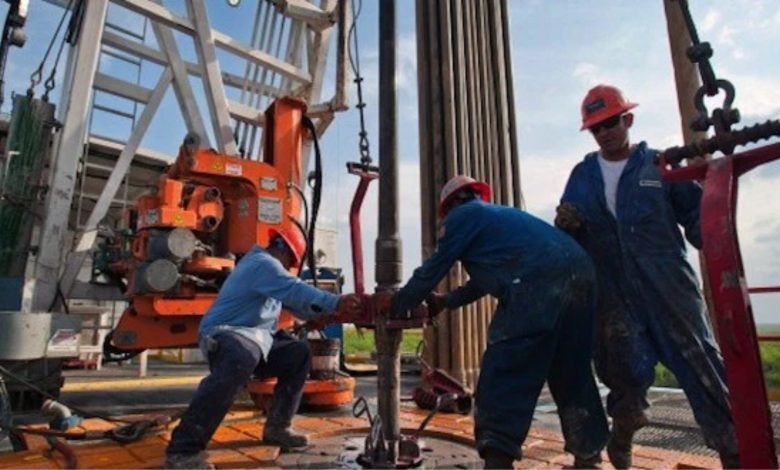
The Federal Government has firmly dismissed allegations of dirty fuel importation into Nigeria, countering recent assertions by an official from the Dangote Petroleum Refinery.
This declaration followed a meeting held in Abuja with oil marketers and local crude oil refiners, where discussions focused on refined products’ pricing, competition, and the importation of locally produced products.
During the meeting, oil marketers indicated that although local refineries were producing some refined products, this would not prevent them from sourcing products elsewhere, while also supporting indigenous producers.
The Nigerian Midstream and Downstream Petroleum Regulatory Authority (NMDPRA) addressed the allegations about dirty fuel importation. Ogbugo Ukoha, the Executive Director of Distribution Systems, Storage and Retailing Infrastructure at NMDPRA, spoke to journalists after the meeting, asserting, “There is no dirty fuel that is being brought into Nigeria.”
This statement was in response to accusations made by Devakumar Edwin, Vice President of Oil and Gas at Dangote Industries Limited, who claimed that the NMDPRA was indiscriminately granting licenses to marketers, allowing the importation of high-sulphur diesel from Russia into Nigeria.
Edwin highlighted the dangers of these imports, noting that several European countries had banned such fuels due to their carcinogenic effects.
Edwin had commented, “Since the US, European Union, and the United Kingdom imposed a price cap scheme from February 5, 2023, on Russian petroleum products, a large number of vessels are waiting near Togo with Russian ultra-high sulphur diesel, and they are being purchased and dumped into the Nigerian market.
Some European countries were so alarmed about the carcinogenic effect of the extra high sulphur diesel being dumped into the Nigerian market that countries like Belgium and the Netherlands imposed a ban on such fuel being exported from their countries into West Africa recently.
Sadly, the country is giving import licenses for such dirty diesel to be imported into Nigeria when we have more than adequate petroleum refining capacity locally.”
In response, the Federal Government agency insisted that it has adhered to all procedures required for the importation of refined petroleum products into Nigeria to prevent the inflow of dirty fuels.
Ukoha emphasized that refineries in Nigeria are also ensuring their products meet the standards approved by ECOWAS for the region.
“NMDPRA takes very seriously its statutory mandates to ensure that only quality petroleum products are supplied and consumed in Nigeria,” Ukoha stated. He provided background on the issue, explaining that in 2020, ECOWAS heads of state endorsed a declaration for a fuel roadmap requiring a minimum of 50 parts per million (ppm) of sulphur in certain products.
The same treaty deferred enforcement for local refiners until December 31, 2024, which was upheld by the Petroleum Industry Act (PIA) of 2021.
Ukoha noted, “We started by engendering compliance and saw a downward trend up to 2022 till December 2023. However, in December 2023 and January this year, we noticed a spike in the sulphur contents of products being imported, and we again began strong enforcement from February 1.
But I am happy to tell Nigerians that up until June, and till now as we speak, the average sulphur content in every AGO that is brought into Nigeria is below the 50ppm position in the law.”
Regarding local refiners, Ukoha explained that the declaration deferred compliance, but added that new refineries are being designed with desulfurization units to lower sulphur levels to as low as 10ppm in the near future.





